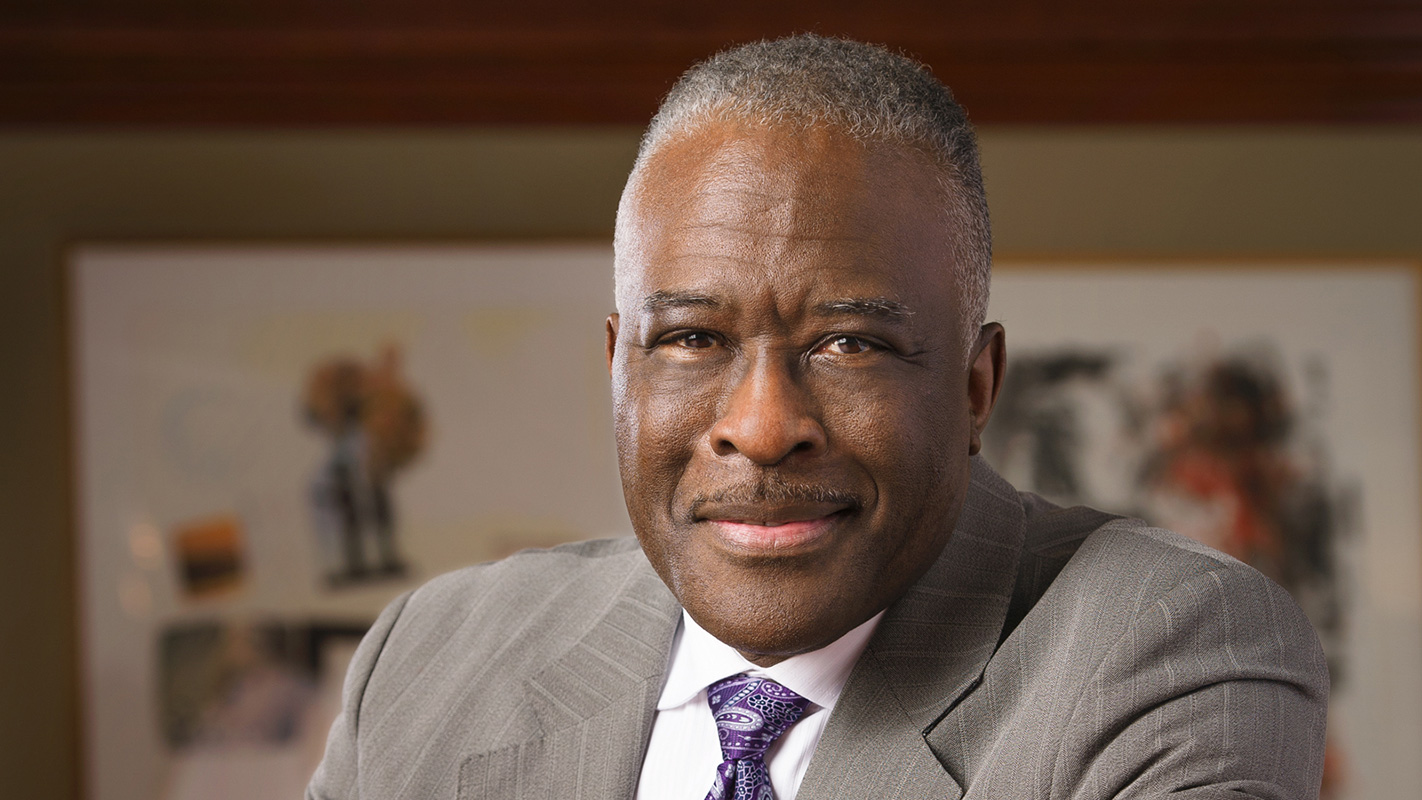5 Questions on Diversity in Higher Ed

Growing up as the son of a sharecropper in southwest Georgia, Robert Jones learned early on how destructive racism is. Now that he’s president of the University at Albany, State University of New York, Jones is living proof of the strength of diversity.
Jones is coming to NC State on Wednesday, Feb. 17, to deliver the 2016 Humanities and Social Sciences Diversity Lecture, titled “Institutional Culture Change in Higher Education: Leadership and Inclusive Excellence.” He will speak from 5 to 6:30 p.m. in the Hatteras-Ocracoke Ballroom in NC State’s Talley Student Union. The lecture is free and open to the public.
In an interview this week, Jones discussed his upcoming lecture and shared his thoughts about the nature of true leadership and how to address race issues in higher education.
The lecture you’ll give at NC State is titled “Institutional Cultural Change: Leadership and Inclusive Excellence.” What do you plan to talk about during your address?
I’ve had some unbelievable experiences in my life, from growing up in the Jim Crow South to working in South Africa with Archbishop Desmond Tutu as an academic and scientific consultant for his South African Education Program. These experiences have shaped me as a man, a scholar and an administrator, and now that I’m a university president they continue to shape my views on how academic leaders should be engaged in this work of advancing diversity and inclusion on campus. I’d like to pass on some of those lessons.
Many in higher education agree that institutional cultures need to change their approach to diversity, but it’s often difficult to get people to agree on how to bring that change about. How do you address that challenge?
I believe that if you are going to change a culture, you have to be present with people and really listen to them. You cannot lead from behind your desk. You cannot listen by just reading emails or checking tweets from your phone. You have to be fully present. It requires leadership from the top that facilitates engagement from all sectors of the university community.
You started out in academia as a crop scientist, much like Chancellor Woodson here at NC State, who began his career as a plant biologist. What motivated you to shift into a career in administration?
I was happy in my lab, and I didn’t seek out the leadership role — but it found me. Perhaps Archbishop Tutu put it best when he spoke at my inauguration as president of the University at Albany. He said, “Bob” — he is the only person I let call me that — “Bob, I remember when you told me you did not want to be an administrator. I guess God had other plans for you!” Then he broke into a huge laugh.
Just as new faculty are given opportunities to grow into being productive researchers and prolific writers, my path to administrative leadership was shaped by a combination of unique opportunities, significant challenges and strong mentors.
What is the greatest challenge you’ve faced in your tenure as president of the University at Albany?
I believe that to be a true leader, you must get out of your office and be with people in person, and that takes a lot of time. And when you are a president, there are a lot of things that demand your attention. So I think my biggest challenge is finding the time to focus on what’s most important. For me, that means figuring out how to channel the engagement of a wide variety of stakeholders into strategic, meaningful action that advances our institutional mission for the greater good of society, locally as well as globally.
If you could make one change in America’s higher-education landscape, what would it be?
If I had one wish with respect to today’s topic of inclusive excellence, I would use it to give us the courage to have genuine conversations about race and racism. We tiptoe around this issue because it’s uncomfortable. But it’s part of the society around us, and it’s present on our campuses. We need to give ourselves permission to really listen to each other about it so that, as a diverse community of learners, scholars and leaders, we can determine a path forward that truly leverages diversity as a core strength of today’s colleges and universities.
More on Robert Jones
Jones delivers an address at the University at Albany’s 37th annual Martin Luther King Jr. Celebration.
- Categories:


